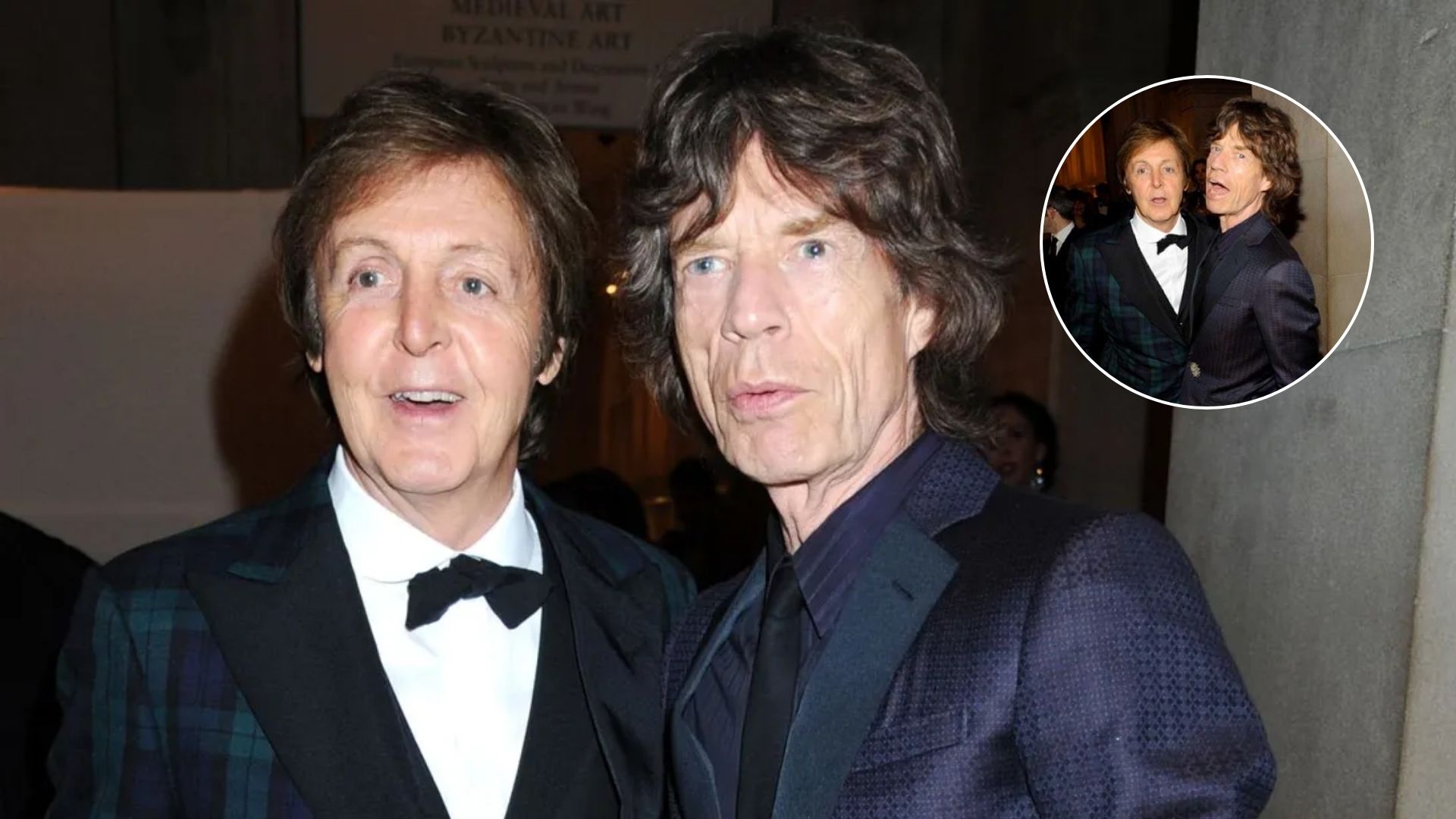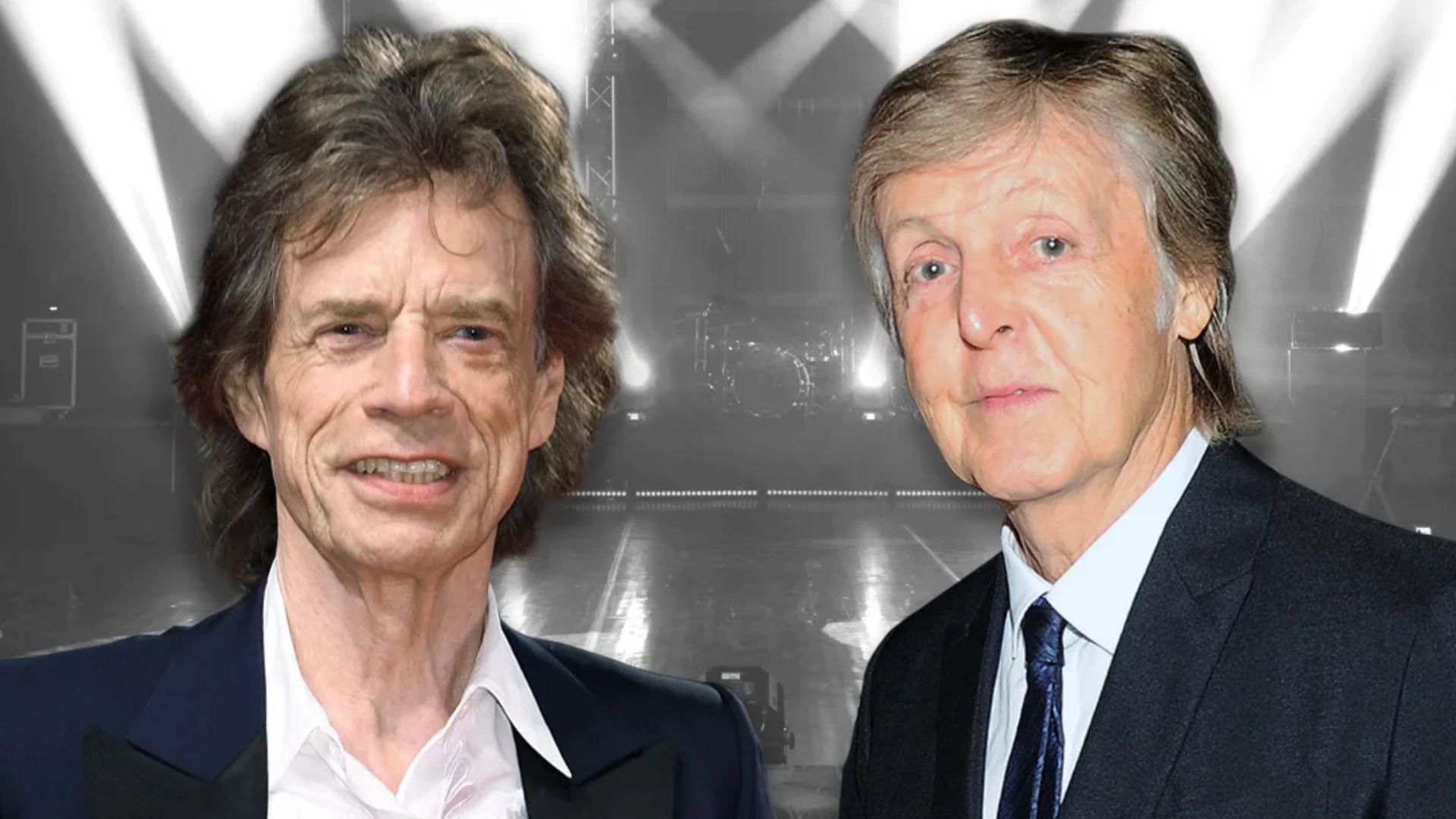
When “Get Back” arrived in 1969, it was more than just another Beatles single — it was Paul McCartney’s call to strip things down and return to the roots of rock and roll. Amid the swirling creativity and tension of the Let It Be sessions, the song stood out as raw, direct, and full of the immediacy that had first made the Beatles a force.

From the opening riff, “Get Back” is alive with groove. Paul’s bass drives with confidence, his vocal is sharp and playful, and his piano playing ties the whole track together. Ringo’s drumming keeps the beat steady and propulsive, while John’s biting guitar adds edge. But what truly elevates the recording is Billy Preston’s electric piano — warm, soulful, and sparkling, it gave the track a looseness and joy that reflected the spirit Paul wanted to recapture.
Lyrically, “Get Back” was born out of improvisation, but its refrain — “Get back to where you once belonged” — carries a resonance beyond the words. For Paul, it was about returning to the band’s roots, about remembering the simplicity of playing live as a group rather than losing themselves in studio excess. In the broader context, it became an anthem about grounding, about rediscovering what truly matters.
The song reached its defining moment on January 30, 1969, during the Beatles’ famous rooftop concert. With the winter sky above London and the city buzzing below, Paul belted out “Get Back” with uncontainable energy, his voice ringing into the air as if to declare that the Beatles still had fire left in them. That performance, imperfect yet electric, remains one of the most iconic moments in rock history — a band returning to live performance one final time, giving their fans a glimpse of the magic that started it all.
What makes “Get Back” timeless is its spirit. It isn’t polished like “Hey Jude” or deeply philosophical like “Let It Be.” It’s gritty, playful, and immediate — a reminder that sometimes the purest music comes from instinct, from plugging in and letting the song find its own life.
In the end, “Get Back” is both a song and a statement. It’s Paul McCartney at his most energetic and direct, pushing the Beatles back into the raw joy of performance. Decades later, every time those first chords ring out, it still feels like an invitation — to return to simplicity, to rediscover joy, and to get back to the heart of music itself.